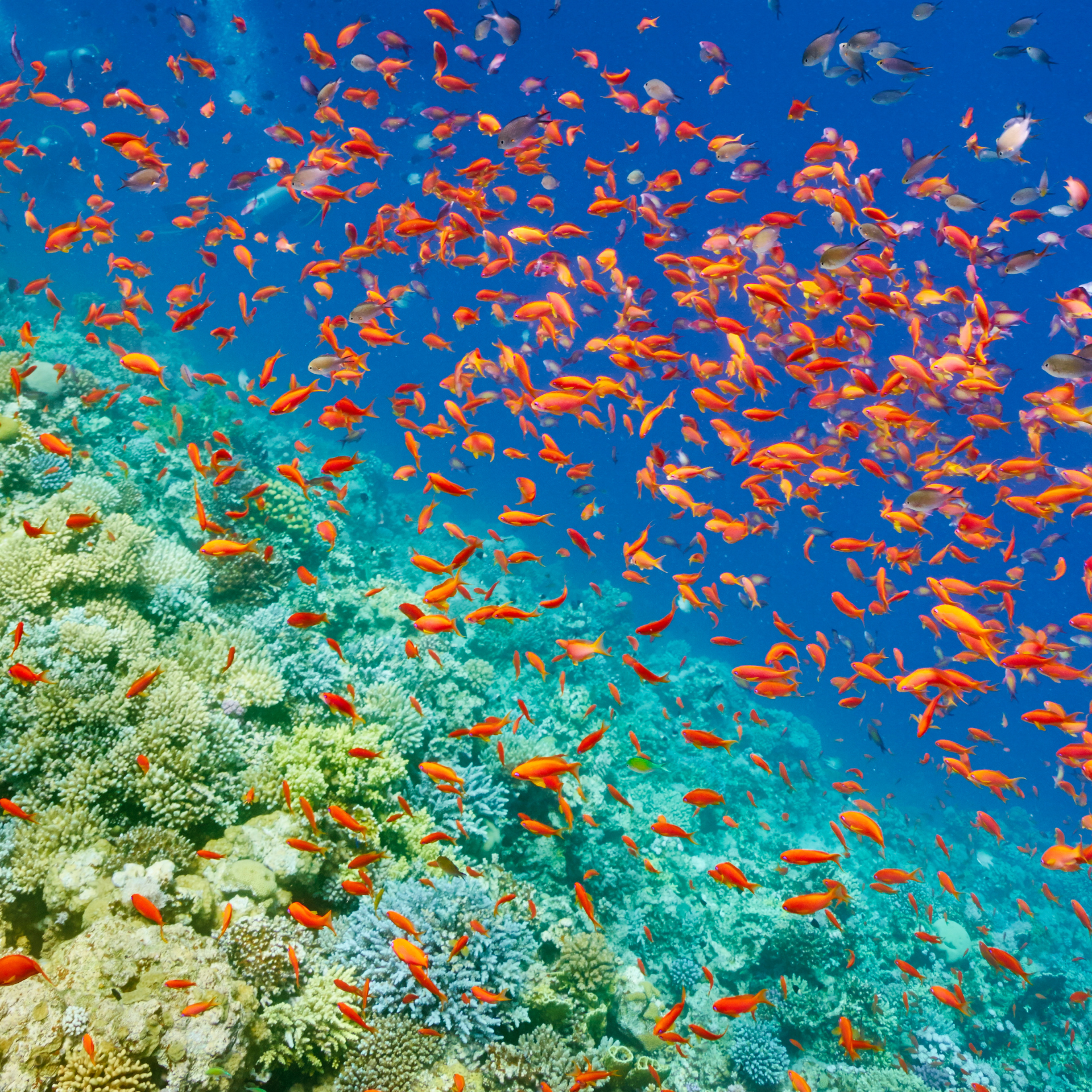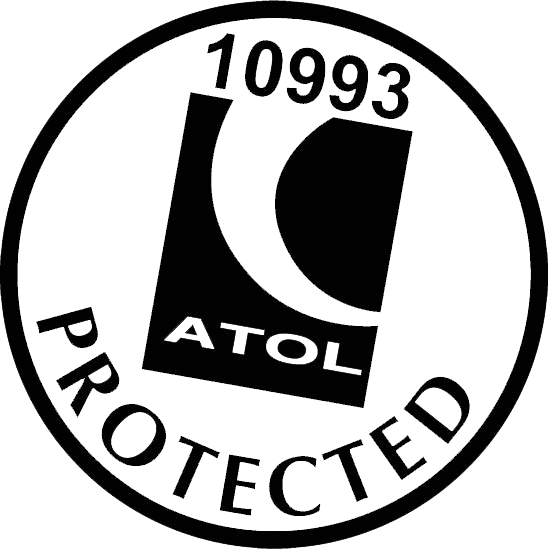Egypt Holidays
Where Ancient Wonders and Modern Vibrancy Intertwine
Egypt, a transcontinental country linking Northeast Africa with the Middle East, is famed for its ancient civilization, remarkable monuments, and vibrant culture. Egypt offers a unique blend of ancient history, cultural richness, and natural beauty, making it a fascinating destination for travelers.
But Egypt's appeal goes beyond its historical marvels. The Red Sea's coral reefs teem with life, offering some of the world's best diving, while its cities buzz with contemporary life, filled with bustling markets, delicious cuisine, and a lively arts scene. Whether you're cruising down the Nile, bargaining in a bazaar, or marveling at ancient hieroglyphs, Egypt promises an adventure that bridges the gap between ages, inviting you on a voyage of discovery and wonder.Here's an overview of Egypt's major cities, regions, attractions, cultural and natural highlights, festivals, and travel tips:
Major Cities
Cairo: The capital city, known for its rich history, bustling markets, and the iconic Giza Pyramid Complex, including the Great Pyramid and the Sphinx. The Egyptian Museum, Al-Azhar Mosque, and the historic Islamic Cairo area are also significant attractions.
Alexandria: A Mediterranean port city known for its Greco-Roman landmarks, such as the Catacombs of Kom El Shoqafa, the New Library of Alexandria, and the Qaitbay Citadel.
Luxor: Often called the world's greatest open-air museum, it's home to the Valley of the Kings, the Karnak Temple, and the Luxor Temple.
Aswan: Known for the Aswan High Dam, Philae Temple, and the beautiful Nile River scenery. It's also the gateway to Abu Simbel.
Sharm El-Sheikh: A famous resort town on the Sinai Peninsula, known for its diving spots, beaches, and nightlife.
Hurghada: Another popular resort city on the Red Sea coast, renowned for its coral reefs and water sports.
Regions and Attractions
Giza: Home to the Pyramids of Giza and the Great Sphinx, one of the most iconic landmarks in the world.
Sinai Peninsula: Known for Mount Sinai, where Moses is believed to have received the Ten Commandments, and the stunning beaches of Sharm El-Sheikh and Dahab.
Nile Valley: Featuring Luxor and Aswan, this region is rich with ancient temples, tombs, and archaeological sites.
Western Desert: Includes the White Desert with its unique rock formations, and the Siwa Oasis, known for its natural springs and the ancient Temple of the Oracle.
Red Sea Coast: Famous for its crystal-clear waters, coral reefs, and resort cities like Hurghada and Marsa Alam.
Top Places to Explore
New paragraph
Barcelona
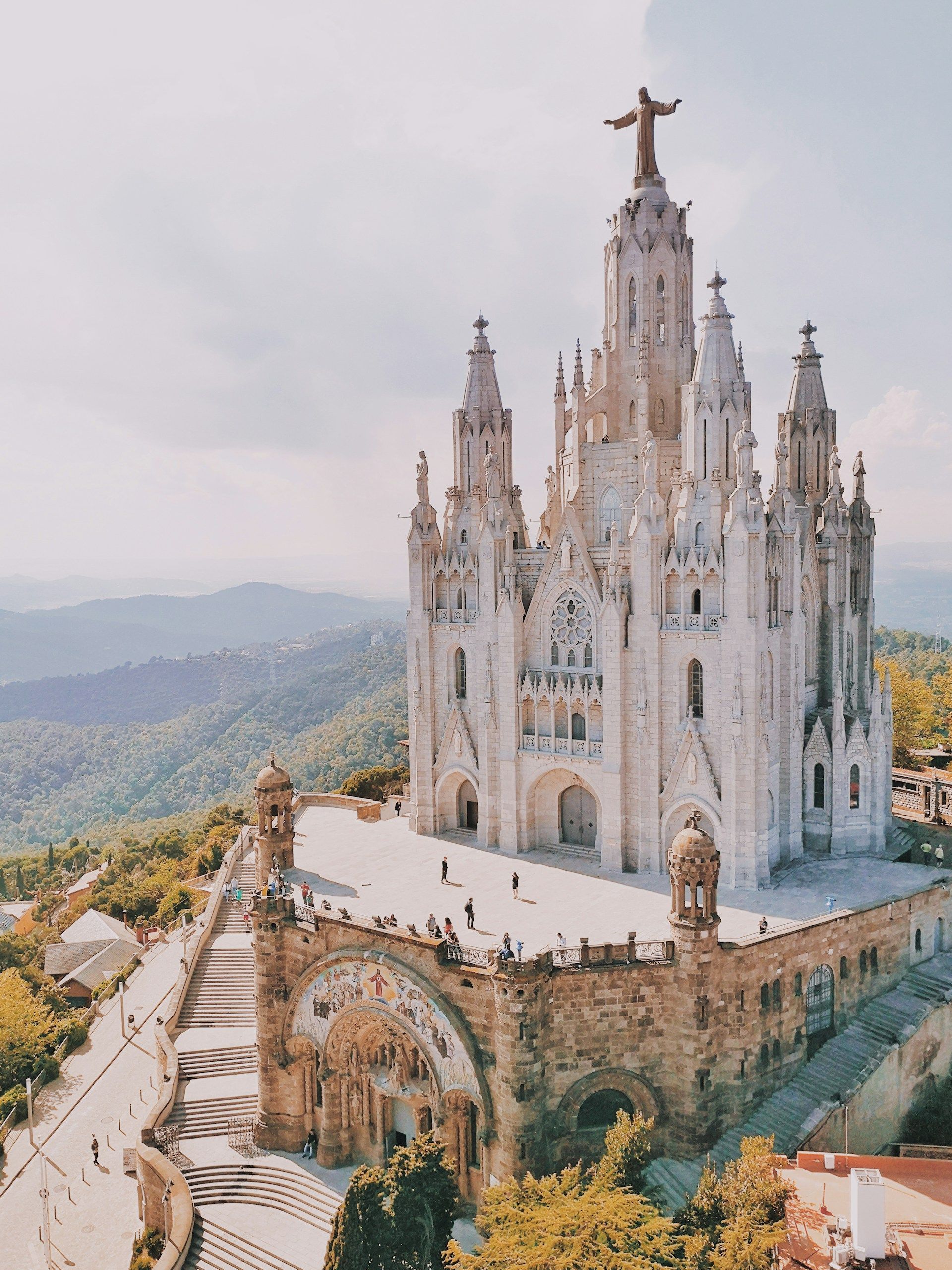
A city of architectural wonders, Barcelona is home to the whimsical creations of Antoni Gaudí, including the iconic Sagrada Família and the enchanting Park Güell.
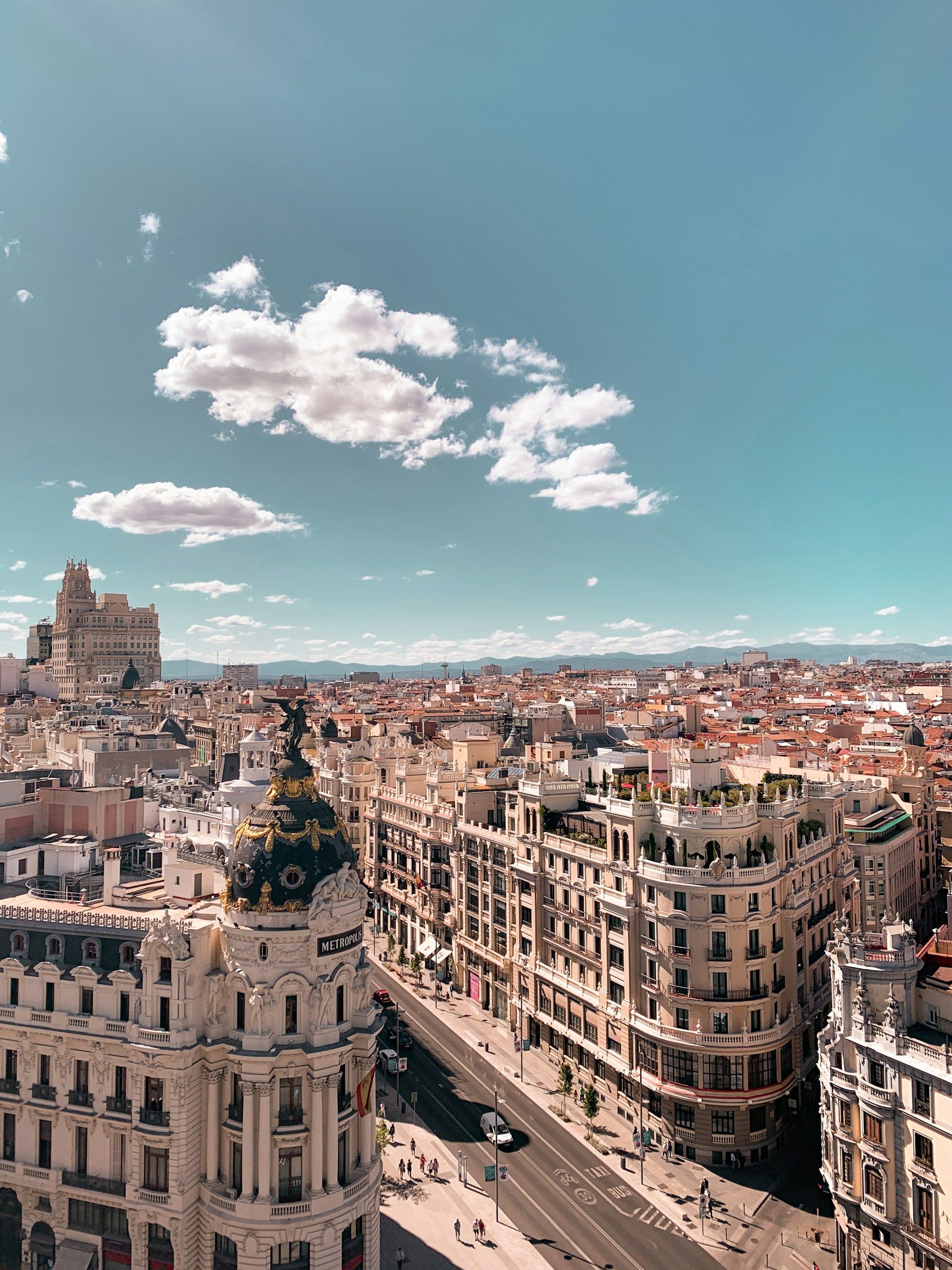
Madrid
Spain's capital offers a blend of historical sites, bustling plazas, and world-class museums like the Prado, showcasing works by Spanish masters such as Velázquez and Goya.
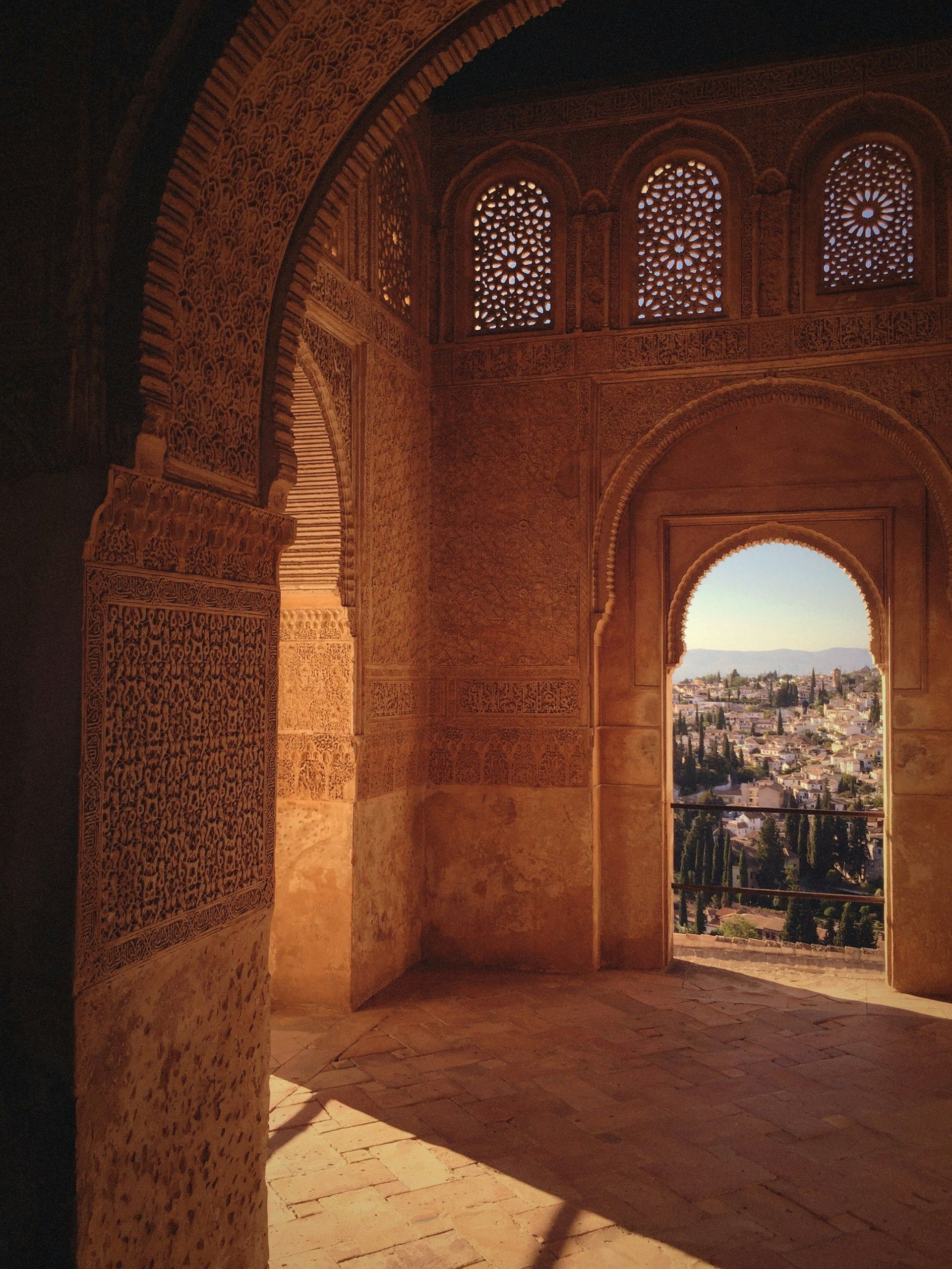
Granada
Dominated by the majestic Alhambra, a stunning Moorish palace, Granada epitomizes Andalusian history and offers a unique blend of cultures.
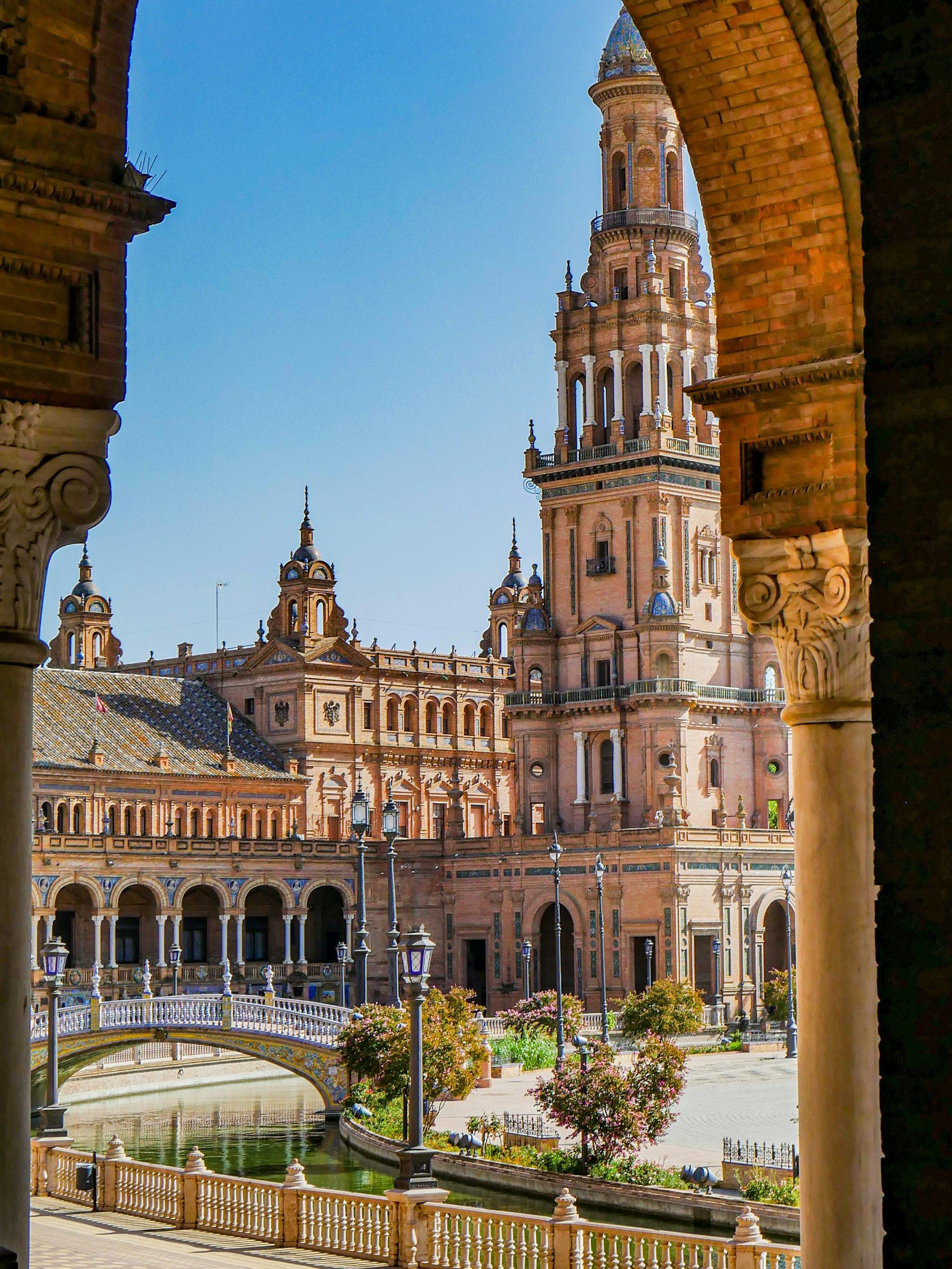
Seville
Known for its Gothic cathedral, charming old town, and vibrant flamenco scene, Seville embodies the spirit of traditional Spain.
Cultural and Natural Attractions
Pyramids of Giza: The only surviving wonder of the ancient world, featuring three pyramids, the Great Sphinx, and several smaller pyramids and tombs.
Luxor Temple and Karnak Temple: Massive temple complexes in Luxor, with impressive columns, statues, and obelisks.
Valley of the Kings: A royal burial ground in Luxor with over 60 tombs, including that of Tutankhamun.
Abu Simbel Temples: Two massive rock temples in Aswan, built by Ramses II, known for their impressive scale and detailed carvings.
Egyptian Museum: Located in Cairo, it houses a vast collection of ancient Egyptian artifacts, including the treasures of Tutankhamun.
Mount Sinai: A sacred site in the Sinai Peninsula, popular for its sunrise hikes and St. Catherine’s Monastery.
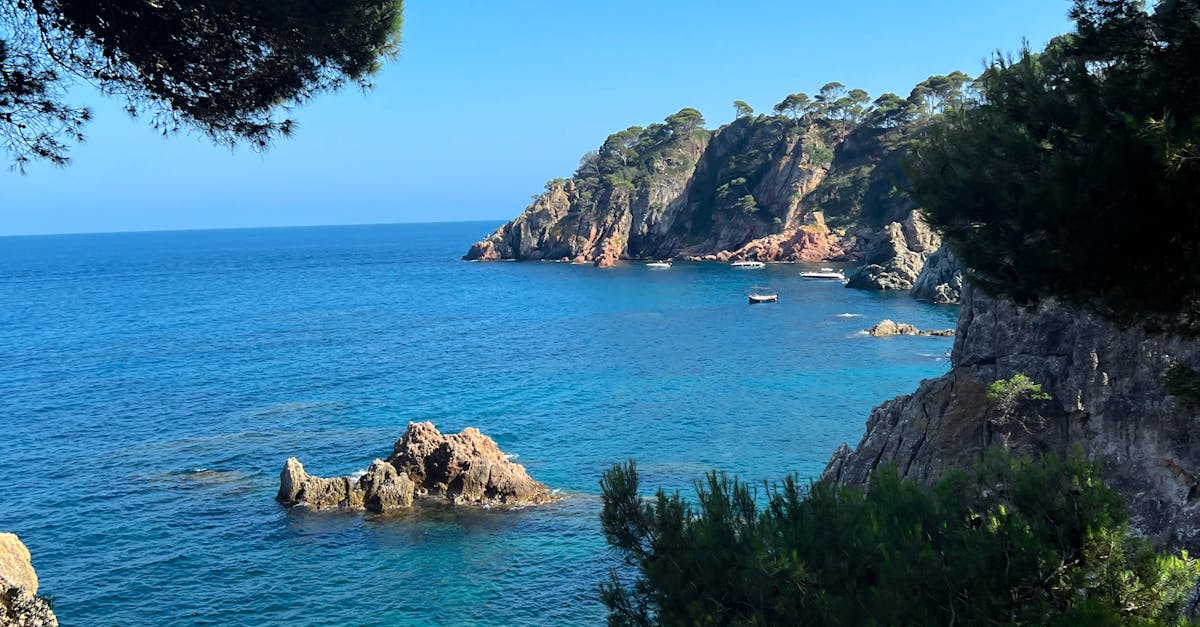
Festivals and Events
Cairo International Film Festival: An annual event showcasing films from around the world.
Abu Simbel Sun Festival: Celebrated twice a year in February and October, marking the illumination of Ramses II’s statues by the rising sun.
Sham El-Nessim: An ancient spring festival celebrated after Easter, marked by picnics and outdoor activities.
Ramadan and Eid al-Fitr: The holy month of fasting and the festival marking its end, celebrated with special prayers, feasts, and family gatherings.
Wafaa El-Nil: A celebration of the Nile River, marked by cultural events, music, and performances.
Language: Arabic is the official language. English is widely spoken in tourist areas.
Currency: The Egyptian Pound (EGP) is the official currency. Credit cards are accepted in many places, but carrying cash is advisable.
Transportation: Egypt has a good network of domestic flights, trains, buses, and taxis. For local travel in cities, Uber and Careem are popular options.
Climate: Egypt has a desert climate with hot summers and mild winters. The best time to visit is from October to April when the weather is cooler.
Cuisine: Must-try dishes include koshari (a mix of rice, lentils, and pasta), falafel, ful medames (fava beans), and traditional Egyptian bread.
Dress Code: While Egypt is relatively liberal, it's respectful to dress modestly, especially when visiting religious sites. Women may want to carry a scarf for covering their heads in mosques.
Safety: Egypt is generally safe for tourists, but it’s advisable to stay informed about local conditions and follow travel advisories. Be cautious of pickpocketing in crowded areas.
Health: It's recommended to drink bottled water and be cautious with street food to avoid stomach issues. Make sure to have travel insurance that covers health emergencies.



